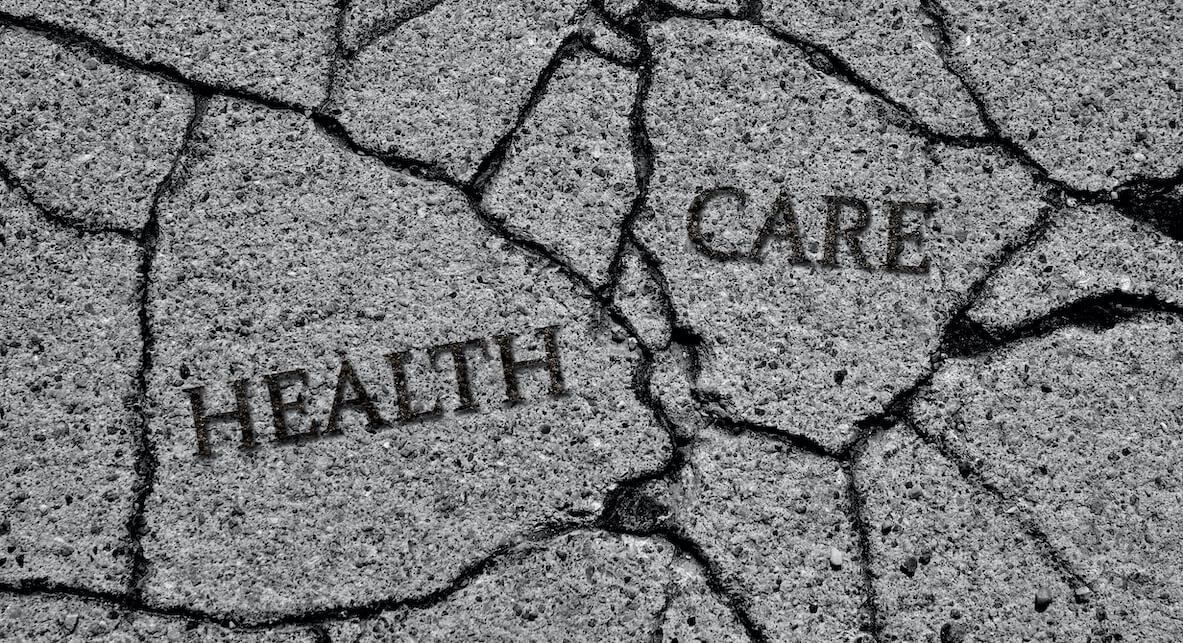August 25, 2020

Fixing Healthcare Would Be Easy If It Wasn’t So Hard
Fixing healthcare is very easy and extremely difficult at the same time. That dichotomy is what gives the status quo staying power. A few things that came out over the past week or so illustrate the point.
Let’s start with the extremely difficult part.
The Pew Charitable Trusts and the American Medical Association polled 1,550 primary-care physicians on what they thought about antibiotic stewardship, which is the appropriate use of antibiotics to both treat patients effectively and prevent an increase in antibiotic-resistant bacteria.
Pew and the AMA surveyed the PCPs from August through October 2018, and they released the survey results in a 26-page report on Aug. 6. You can download the report here.
On the plus side:
- 93 percent said they agree or strongly agree that antibiotic-resistance is a problem in the U.S.
- 91 percent said they agree or strongly agree that inappropriate antibiotic prescribing is a problem in outpatient healthcare settings like primary-care practices
- 91 percent said it was appropriate, very appropriate or extremely appropriate for office-based medical practices like primary-care practices to have antibiotic stewardship program
- 65 percent said they’ve seen an increase in antibiotic-resistant infections among their patients over the past five years
But on the head-scratching side:
- 84 percent said they feel moderate, high or very high pressure from patients or patients’ parents to prescribe antibiotics
- 60 percent said they prescribe antibiotics more appropriately than their peers
- 55 percent said antibiotic resistance is a problem in their own practice
- 37 percent said inappropriate antibiotic prescribing is a problem in their own practice
What most PCPs are saying is, the appropriate use of antibiotics is a problem, but it’s not their problem.
“This lack of recognition of their own contributions to resistance and inappropriate prescribing presents a barrier to the implementation of stewardship efforts,” the report said.
Now let’s jump over to the very easy part.
UnitedHealthcare, the nation’s largest health insurer, released research that said PCPs that it pays under global capitation contracts score higher on important quality measures than PCPs that it pays under fee-for-service contracts. UnitedHealthcare released the research on Aug. 11, and you can download it here.
Global capitation contracts pay PCPs a fixed dollar amount per patient per month. FFS contracts, on-the-other-hand, pay PCPs a fee based the care provided to the patient at the point of service.
UnitedHealthcare said PCPs under capitation contracts screened 80 percent of their female patients for breast cancer compared with 74 percent by PCPs under FFS contracts. It was 82 percent compared with 74 percent for colon cancer screenings. It was 89 percent compared with 80 percent for patients having their blood sugar levels under control. And so on.
UnitedHealthcare released the study results in a press release, not in a study in a peer-reviewed medical journal. Take them for what they’re worth.
Let’s also not pretend UnitedHealthcare is doing this for members or any other altruistic reason. It’s doing this to make more money for shareholders. Healthier patients file fewer medical claims. You can bet actuaries figured out the ROI in capitated payments to doctors measured in lower medical costs.
Still, what UnitedHealthcare is doing proves the point. Primary-care practices are healthcare businesses just like businesses in any other industry. They respond to financial incentives. If you want them to do the right things, pay them to do the right things.
What would make PCPs implement an antibiotic stewardship program? Money.
Forty-two percent of the PCPs surveyed by Pew and the AMA said it would be very likely or extremely likely they would implement a program if a public or private payer created an incentive program that would pay them extra for antibiotic stewardship.
Like I said, fixing healthcare would be very easy if it wasn’t extremely difficult.
To learn more about this topic, please read “Will Misuse of Antibiotics Respond to Regulation?” on 4sighthealth.com.
Thanks for reading.
Stay home. Stay safe. Stay alive.





